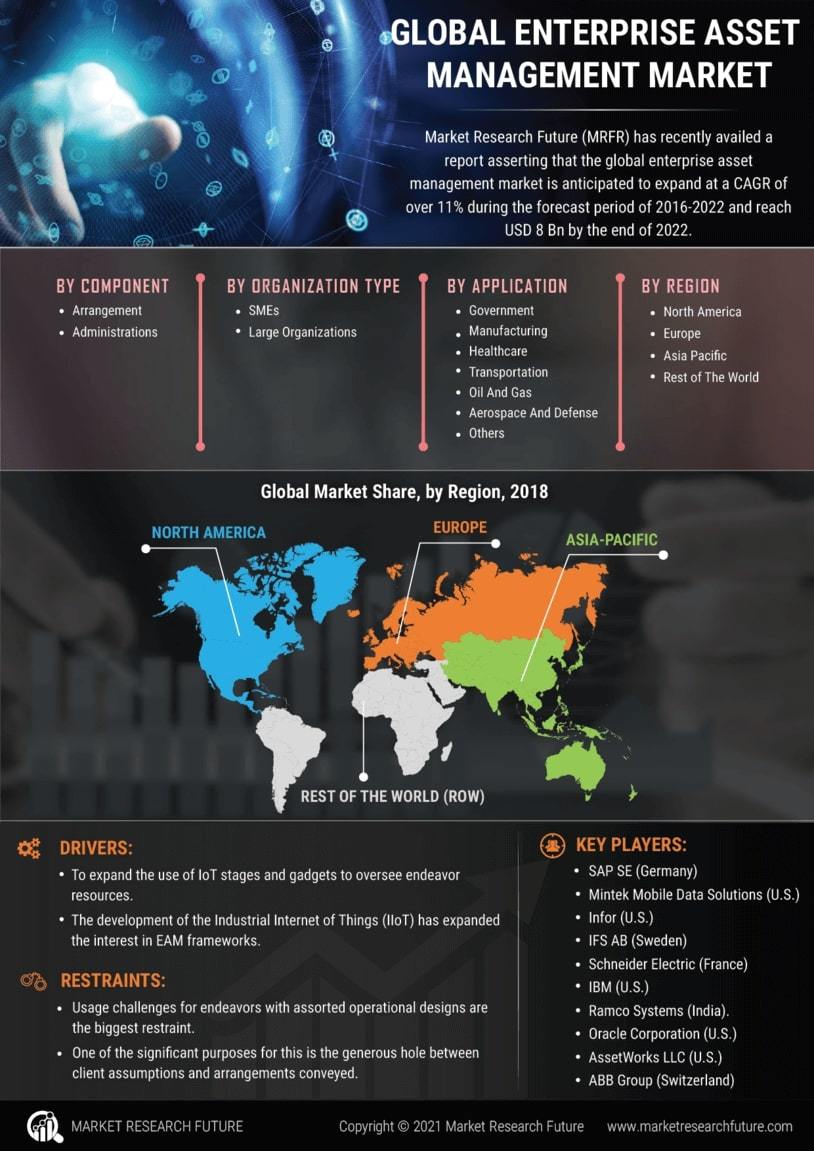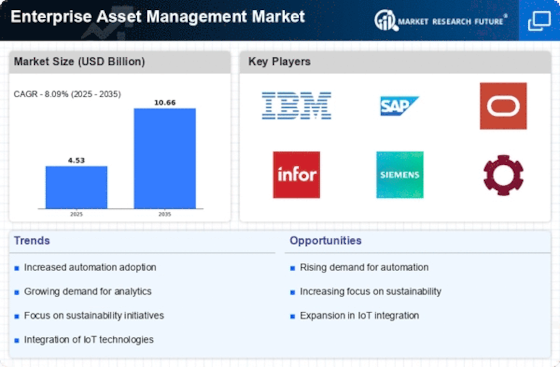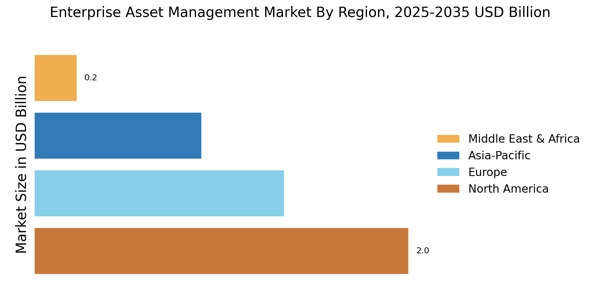Research Methodology on Enterprise Asset Management Market
1. Introduction:
The objective of this research report is to analyze the development of the enterprise asset management market. This report provides an in-depth analysis of factors driving the growth of the enterprise asset management market and their impacts over the forecast period 2023 to 2030. Furthermore, this research report will provide an analysis of the competitive landscape, including the key strategies adopted by players and market share analysis.
2. Research Design:
A combination of qualitative and quantitative research approaches is used to assess the factors driving the growth of the enterprise asset management market. Qualitative research will be conducted through desk research and interviews with industry experts, allowing for an in-depth understanding of the factors affecting the market. This will involve a review of the available documents and conducting interviews with industry experts, such as vendors, researchers, and consultants, from both the buyers' and suppliers' perspectives. Quantitative research will be conducted using the primary and secondary data available from secondary sources. Primary data collection will involve surveys from key stakeholders, such as industry experts and vendors, to gain further insight into the market Drivers and their Impacts over the forecast period.
3. Data Collection:
Secondary sources will include reputable industry publications, such as journals and reports, as well as publicly available data, such as market reports and press releases. Primary data collection will involve surveys sent out to industry experts and vendors to gain insights into the market and its drivers over the forecast period 2023 to 2030.
4. Sampling Approach:
For the purpose of this research report, a multi-level sampling approach will be adopted. The first level will involve a detailed survey of the third-party vendors, research organizations, and industry experts. The second level will involve conducting formal interviews among industry experts and vendors to obtain insights into the growth of the market, investment strategies, and competitive landscape. The third level will involve the evaluation of the current market trends and the impact of factors, such as macroeconomic policies, to gain further insight into the enterprise asset management market size and growth rate over the forecast period.
5. Statistical Analysis:
The statistical analysis of the data collected will be done using a range of analytical tools, such as descriptive analysis, SWOT analysis, and regression analysis. Descriptive analysis will help in determining the market trends, while SWOT analysis will help in understanding the strengths, weaknesses, opportunities and threats that affect the enterprise asset management market. Lastly, regression analysis will be carried out to analyze the relationship between the predictors and the target variables.


















